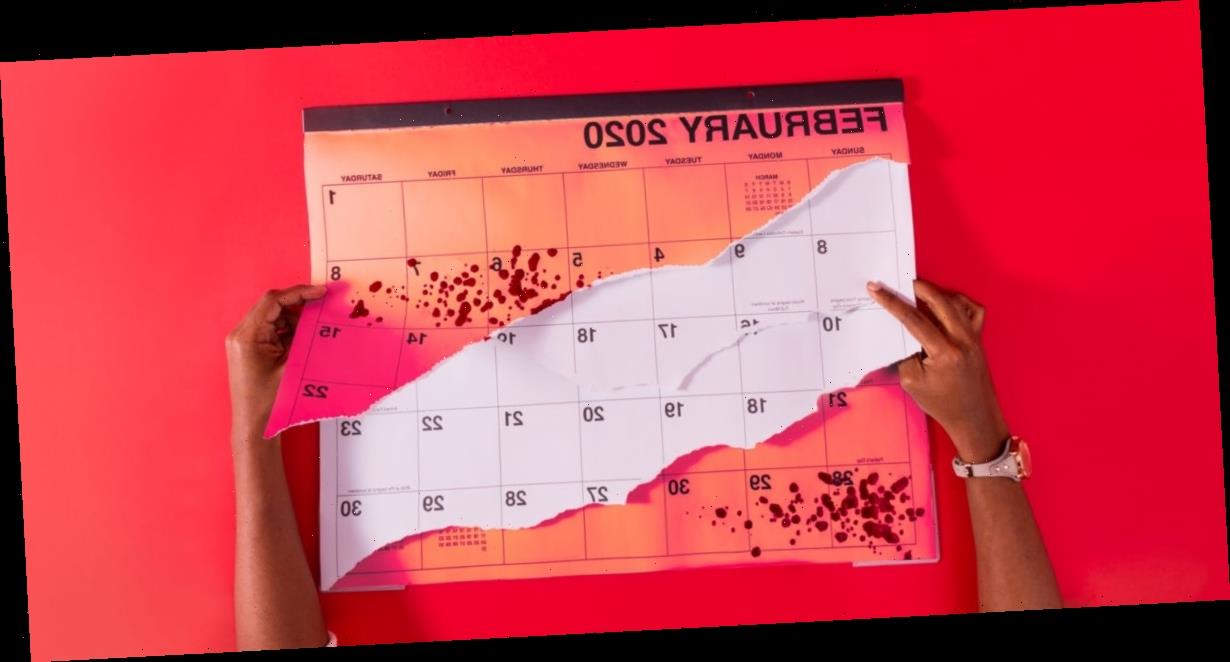
- Everyone's period experience is slightly different, so you shouldn't compare yourself to your friends.
- If you got your first period less than three years ago, irregularity is normal.
- If it's been over three years, you should see a doctor. It could be a sign you have a condition like PCOS.
- Have a question for Julia? Fill out this anonymous form. All questions will be published anonymously. Read more Doing It Right here.
- Visit Insider's homepage for more stories.
I'm 17 years old and my period is very irregular. I get it around every two to three months, when all of my friends get theirs monthly.
Is this normal, or should I be concerned?
– Ohio
Dear Ohio,
Periods are different for everyone, so you shouldn't compare your experience to that of your friends when it comes to the frequency and length of your cycle.
Although irregular periods could be a sign of an underlying problem, I don't want you to worry quite yet. That's because period irregularity is actually normal for the first couple of years after your first period, Dr. Raquel Dardik, a gynecologist at New York University's Langone Health, told me.
Your body's ability to regulate menstrual cycle-related hormones isn't yet mature when you first get your period, according to Dardik, which can lead to an irregular cycle like the one you described.
The average person will get their period between the ages of 10 and 15. If you got your period when you were 15, it's possible that the time between your cycles is normal.
But if your period still isn't coming on a regular monthly basis after three years, if it disappears for three months at a time, or comes more often than every 21 days, it could be a sign of a bigger health issue, Dardik said.
One possible cause is polycystic ovarian syndrome (PCOS), a condition that affects the ovaries and can lead to having too many or not enough periods. If left untreated, PCOS can lead to infertility, high blood pressure, or diabetes.
An irregular period could also be a sign that your diet isn't supporting your body as much as it needs, or that you're stressed out, so consider eating more whole foods and getting full nights of sleep regularly.
Before you panic, though, I recommend you see a gynecologist who can evaluate your symptoms and lifestyle and determine whether there's any cause for concern.
As Insider's resident sex and relationships reporter, Julia Naftulin is here to answer all of your questions about dating, love, and doing it — no question is too weird or taboo. Julia regularly consults a panel of health experts including relationship therapists, gynecologists, and urologists to get science-backed answers to your burning questions, with a personal twist.
Have a question? Fill out this anonymous form. All questions will be published anonymously.
Related coverage from Doing It Right:
My partner won't have sex until marriage, but I'm very sexual. Should I have an affair to get it out of my system?
I'm having an affair with my best friend's partner, and he's become manipulative. Should I come clean?
My antidepressants make it difficult to orgasm. How do I tell my partner and make sex fun again?
Source: Read Full Article
